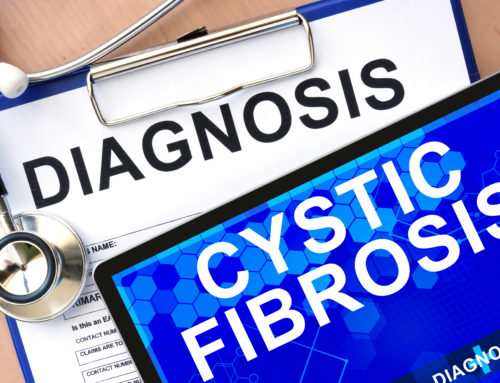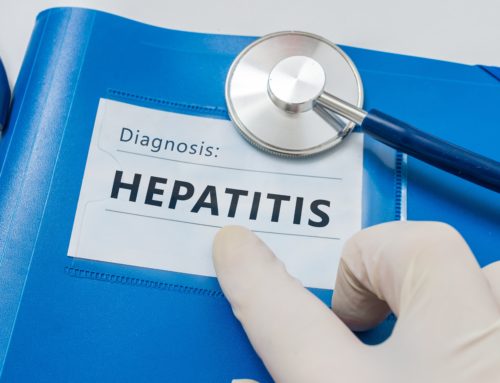Millions of pounds have been invested in a drug development programme to help boys with a rare life-limiting disease.
The John Walton Muscular Dystrophy Research Centre at Newcastle University has received £4.6 million from the European Commission for a pioneering clinical trial into the new drug, vamorolone.
The European project, called VISION-DMD, involves 10 countries and is being led by the North East to help children with Duchenne muscular dystrophy (DMD).
DMD is a genetic muscle wasting illness which affects approximately 50,000 boys worldwide. It causes muscle degeneration and a decrease in life-expectancy.
Kate Bushby is Professor of Neuromuscular Genetics at the John Walton Muscular Dystrophy Research Centre and Honorary Consultant Geneticist at the Newcastle upon Tyne Hospitals NHS Foundation Trust.
She said, ‘This project has been designed to ensure a timely and cost-effective drug development for DMD, which is highly demanded by patients, families and regulatory authorities.
‘It is great that the John Walton Muscular Dystrophy Research Centre has received this funding and can, once again, help lead the way in groundbreaking research to improve the lives of boys with DMD.’
The European Community Horizon 2020 project has provided funding for the four-year VISION-DMD scheme, which is the first clinical trial of its kind.
It is due to working with the Collaborative International Neuromuscular Research Group, Washington US, and ReveraGen, the company who developed the drug, that this funding has been granted.
Steroids remain the main long-term treatment for the condition as they effectively reduce inflammation. Vamorolone – also known as VBP15 – is an anti-inflammatory drug.
It is expected that the new treatment will improve muscle strength in patients without the side-effects seen in steroid treatments, such as mood swings, stunted growth and weight gain.







